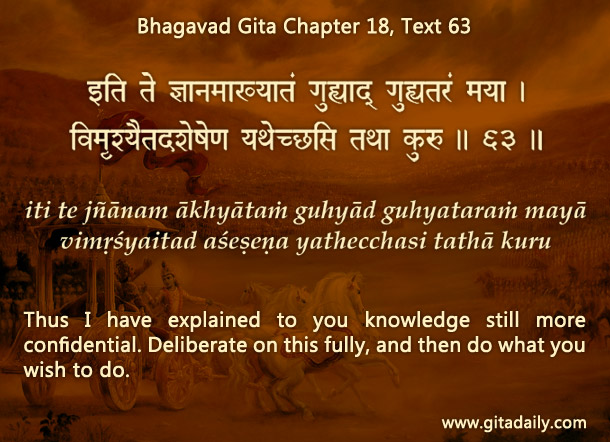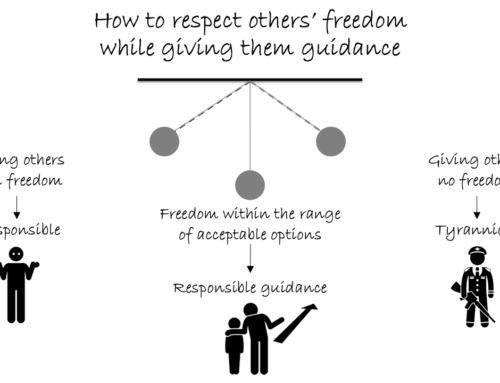The world can often be so complex and convoluted that we urgently need some framework to make sense of things. And philosophy strives to provide us such a framework.
Philosophy degenerates into ideology when it is used by the power-hungry to partition reality into neat sections of black and white. Reality, however, often has many shades of gray. People aren’t just good or bad; they are a complex blend of both. Ideologies assign people to black or white sides of a spectrum based on certain narrow criteria. For example, some religious ideologies such as extremist versions of the Abrahamic religions demonize all those people who don’t believe in a particular set of dogmas, even if those people are otherwise virtuous. Similarly, some secular ideologies demonize anyone who doesn’t agree with their driving presumption. For example, communism believes that everyone wealthy is exploitative and everyone poor is exploited; they don’t consider the possibility that the wealthy might have gained wealth by their talent and commitment or the poor might be poor because of their own bad choices and self-defeating habits.
Significantly, the Bhagavad-gita avoids such convenient compartmentalization through its analytical sophistication. While it offers the three modes as a framework for deconstructing the world, it stresses that people’s psyches are a dynamic blend of the modes (14.10), thereby reflecting the complexity of reality. This nuanced approach is also seen in the Gita’s conclusion (18.63) — it calls not for conformity, but for contemplation; by providing us resources for thinking effectively, it insulates us from ideological indoctrination. Rather than telling us what to think, it equips us to think.
When we too adopt the Gita’s broad-minded approach to philosophy, we can better understand reality and thereby function more effectively in the world.
One-sentence summary:
Ideological indoctrination forces us to reduce reality into convenient categories, philosophical education equips us to better understand reality in its complexity.
Think it over:
- When does philosophy degenerate into ideology?
- Explain with examples how ideological indoctrination can happen in both religious and secular circles.
- How does the Gita’s approach insulate us from ideological indoctrination?
***
18.63: Thus I have explained to you knowledge still more confidential. Deliberate on this fully, and then do what you wish to do.




Thank you for making this important point so clearly Prabhu Ji. I suspect that the reason the Gita calls for contemplation rather than conformity is because it contains true eternal knowledge and wisdom. It is what is and we only need to raise our levels of awareness to see this. After we develop our consciousness to a sufficient level of spiritual awareness and understanding, applying the wisdom of the Gita to our everyday lives, we will recognise this without needing to conform to rigid rules and dogma.
Thanks for your thoughtful comment.